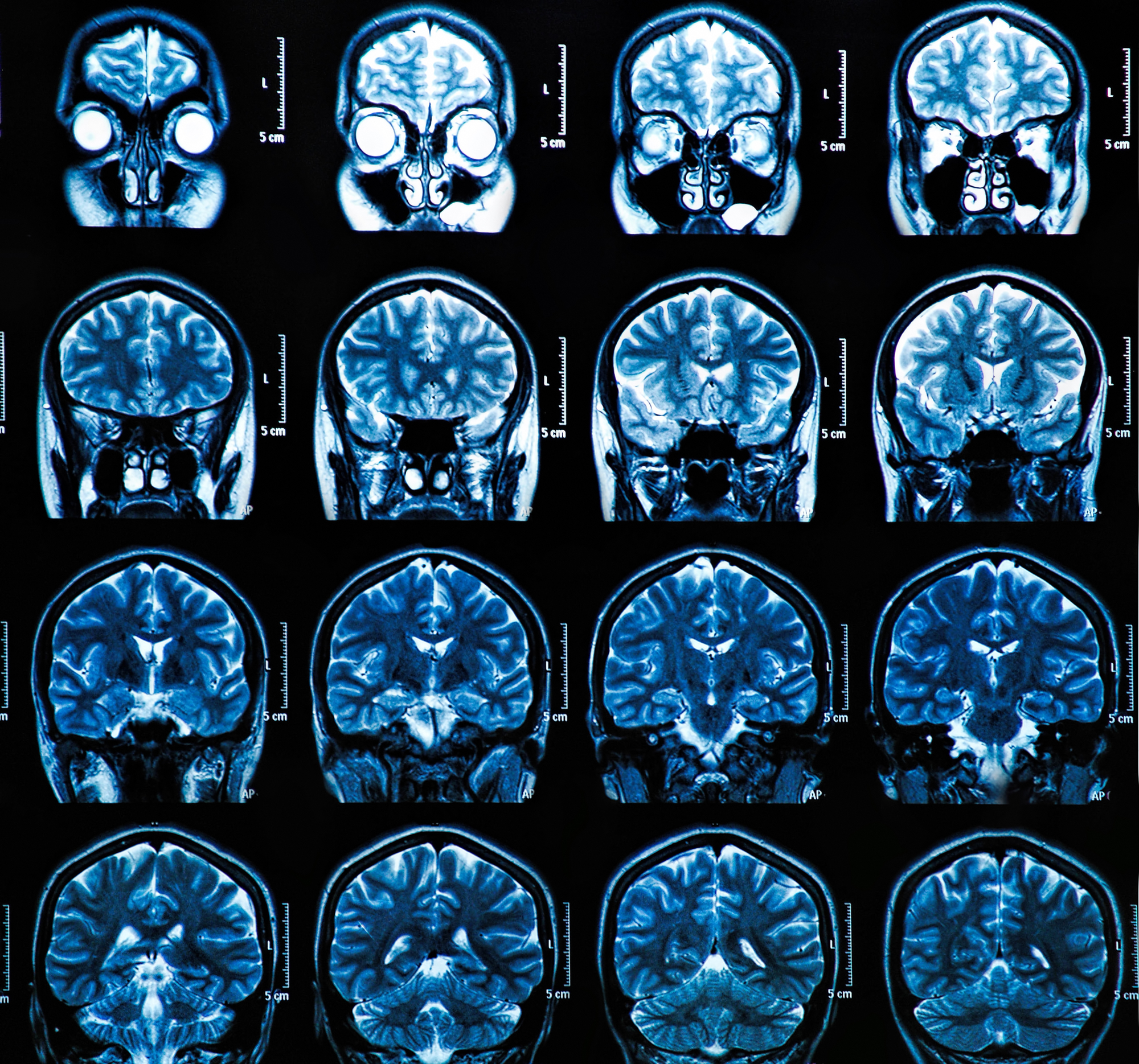Researchers are only now starting to unravel the potential long-term ramifications of a seemingly minor traumatic brain injury (mTBI), or concussion, to our health. Part of the difficulty has been in even figuring out when someone has a concussion in the first place, leading to lots of unnecessary and not entirely risk-free brain imaging tests. But a new blood test, approved by the Food Drug and Administration on Thursday, is poised to make that task much easier.
The test, known as the Banyan Brain Trauma Indicator, tests for two proteins, called UCH-L1 and GFAP, that are released into the bloodstream by the
brain following a head blow that causes visible lesions to form.
In its largest trial, which involved blood samples taken from nearly 2,000 people suspected of having a concussion, the test was compared against computed tomography (CT) scans. CT scans are considered the gold standard of concussion detection, but the majority of people who are suspected of having a concussion—via a diagnostic questionnaire—fail to show any visible brain lesions.
The test successfully predicted someone having tissue damage found on a CT scan 97.5 percent of the time, and also predicted if someone had none 99.6 percent of the time. Based on these results, it’s estimated that the test could reduce the need for further CT scans in a third of suspected concussion patients.
“A blood-testing option for the evaluation of mTBI/concussion not only provides health care professionals with a new tool, but also sets the stage for a more modernized standard of care for testing of suspected cases,” FDA chief Scott Gottlieb said in a statement announcing the approval. “In addition, availability of a blood test for mTBI/concussion will likely reduce the CT scans performed on patients with concussion each year, potentially saving our healthcare system the cost of often unnecessary neuroimaging tests.”
Read More at the Source: The FDA Has Approved the First Blood Test for Concussions
